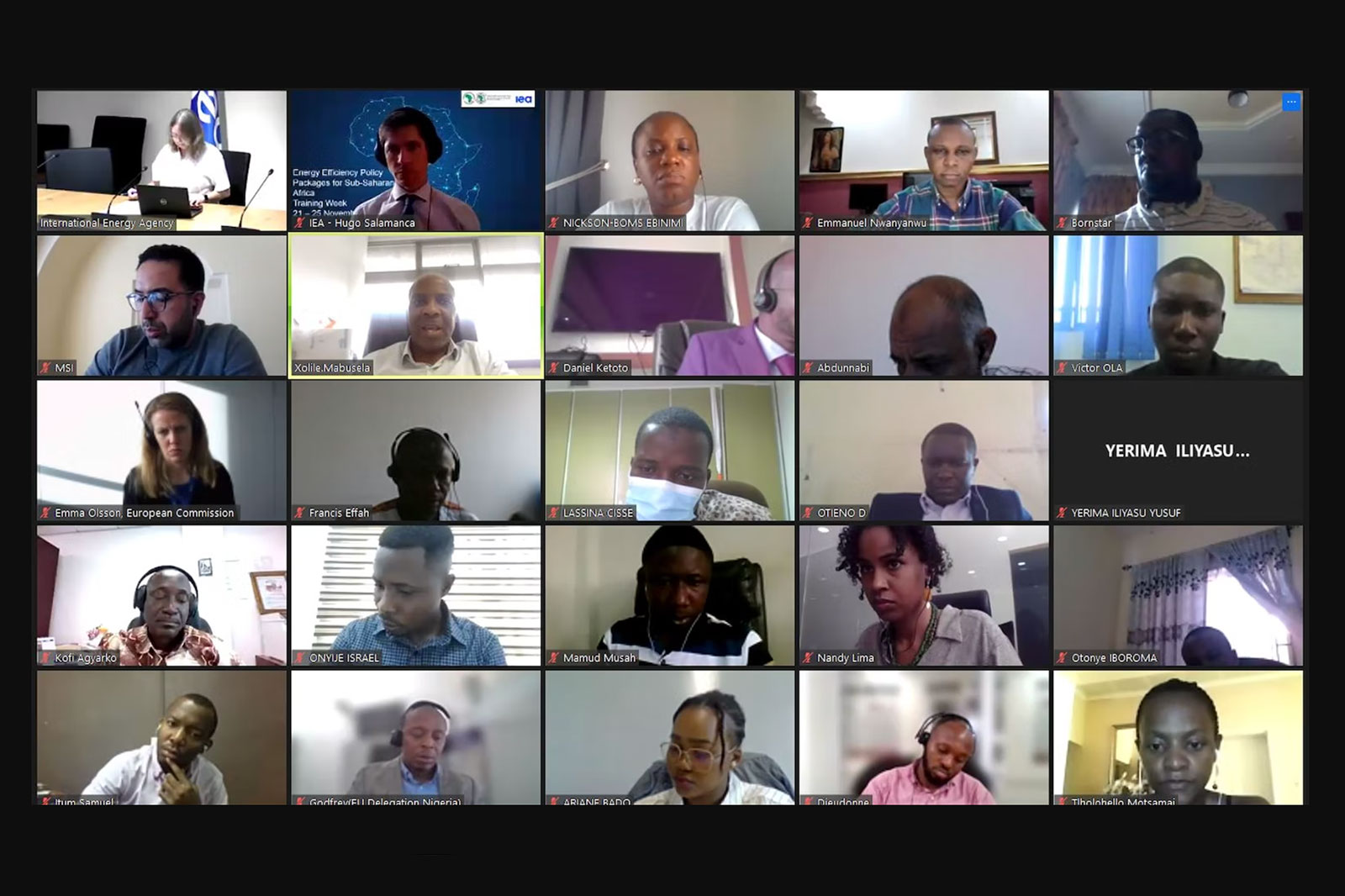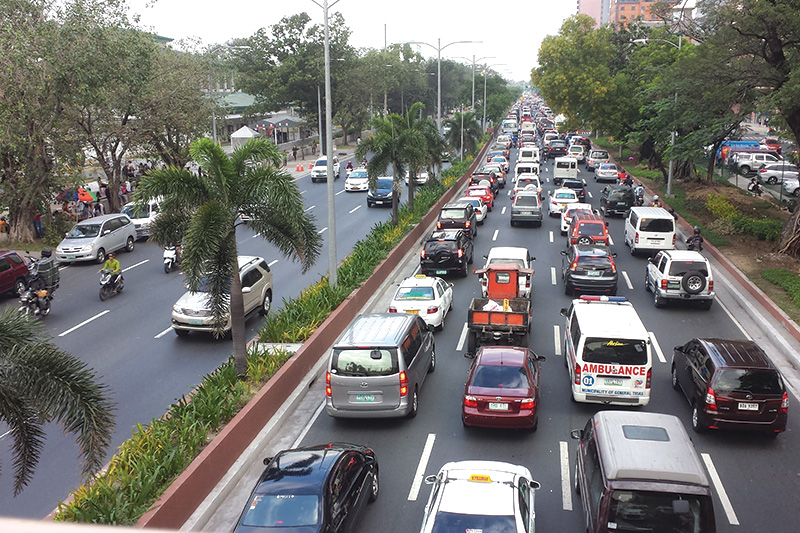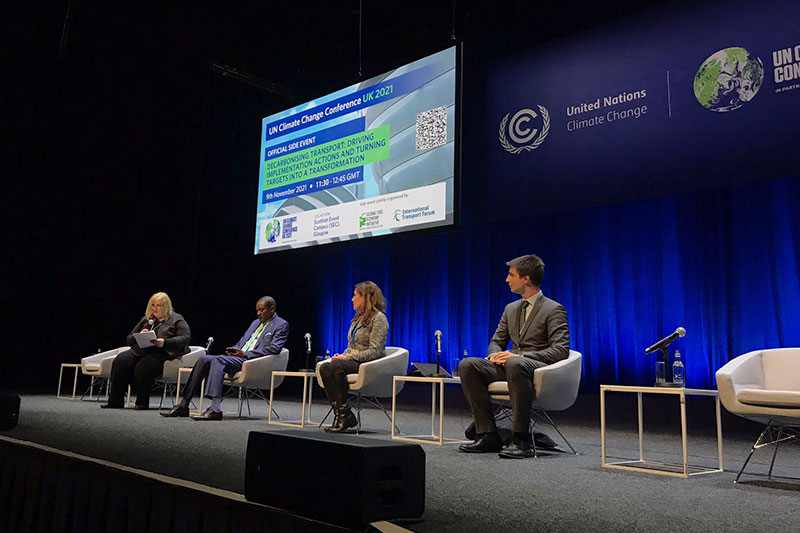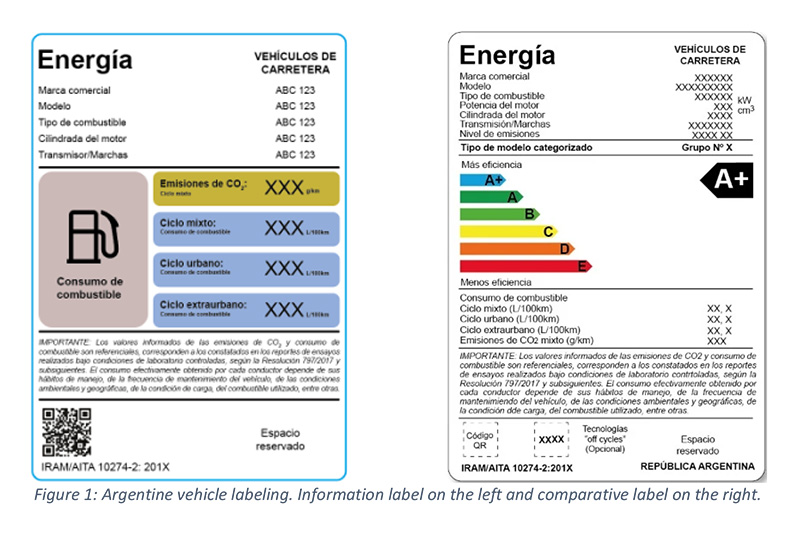GFEI launches fuel economy project in Namibia
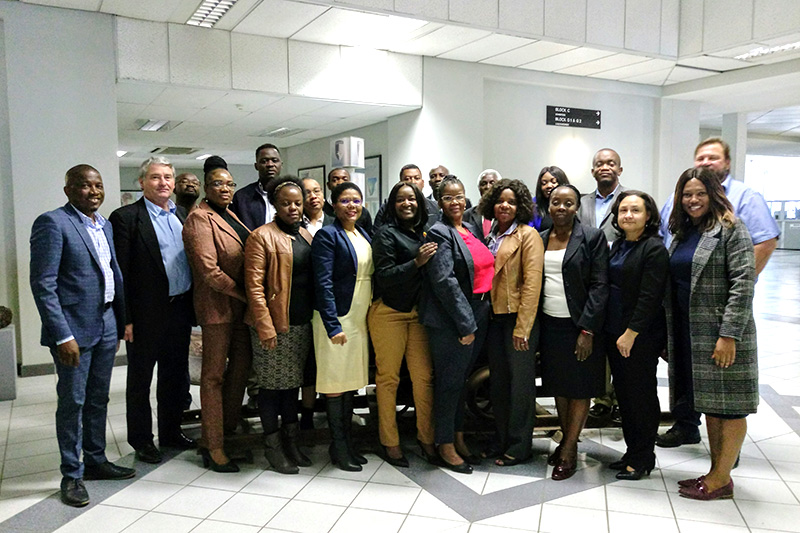
The Global Fuel Economy Initiative, led by partner UN Environment, is supporting Namibia to develop appropriate policies and instruments to improve the average fuel economy of the national light-duty vehicle fleet. The scope and intended outcomes of the project were discussed at the first stakeholder meeting on 4 June 2019 in Windhoek, Namibia.
The stakeholder meeting brought together transport sector stakeholders drawn from government, private sector, and academia. Despite having a relatively small population of 2.5 million inhabitants, the country has 385,485 vehicles as of March 2018. Over 44% of the national vehicle fleet is found in the capital city – Windhoek. In contrast to many African countries, motorcycles are only 1% of the fleet population, with light duty vehicles comprising 86% of the total vehicle fleet.
The project, which is being implemented by the Ministry of Mines and Energy with funding from the FIA Foundation will contribute to improving fuel economy in Namibia, reducing harmful greenhouse gas emissions, and promoting sustainable and environmentally friendly national vehicle policies. Through the project, a fuel economy vehicle inventory study will be conducted which will analyze the vehicles imported into Namibia over the years in terms of age, technology, fuel economy etc. Currently, Namibia has a CO2 based taxation system for vehicles. However, no analysis of the effectiveness of the tax system on incentivizing automotive fuel economy has been done. The findings of the study will therefore support the development of policy options to promote import of cleaner and more efficient vehicles, including electric vehicles.
At the workshop, the Kenyan experience of conducting a fuel economy study was also presented to inform the discussions and share experiences. Moving forward, the vehicle inventory and fuel economy analysis study will begin. The findings of the study are expected to be presented to stakeholders in the second half of the year.
- Case Study Kenya Fuel Economy Baseline,
James A. Nyang’aya, Uniiveristy of Nairobi - Energy in Namibia,
Abraham Hanguila, Ministry of Mines and Energy - Introducing the Global Fuel Economy Initiative,
Jane Akumu, UN Environment - Vehicle Population and Growth Rate in Namibia,
Clive tjikotoke, Roads Authority, Namibia
